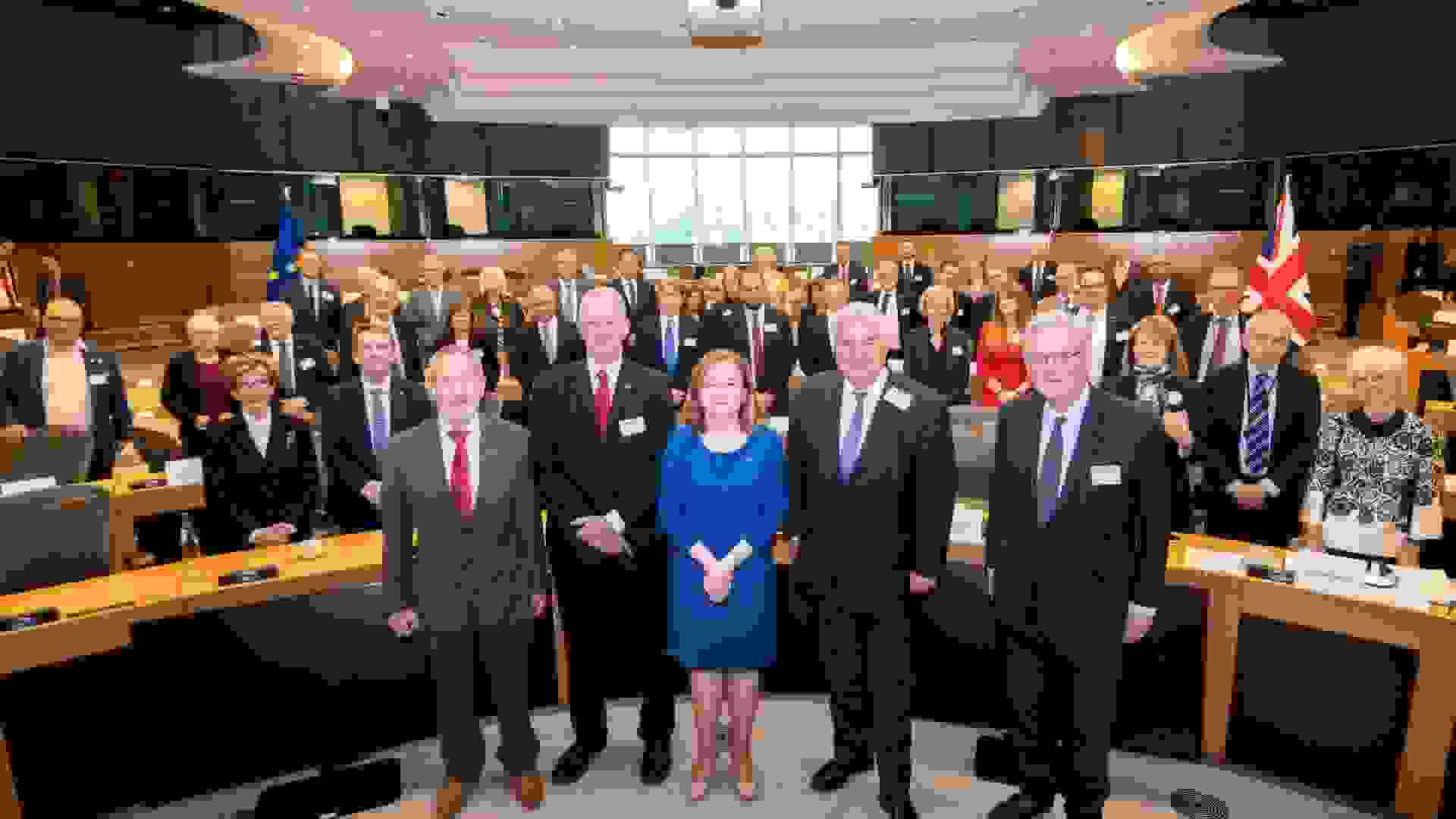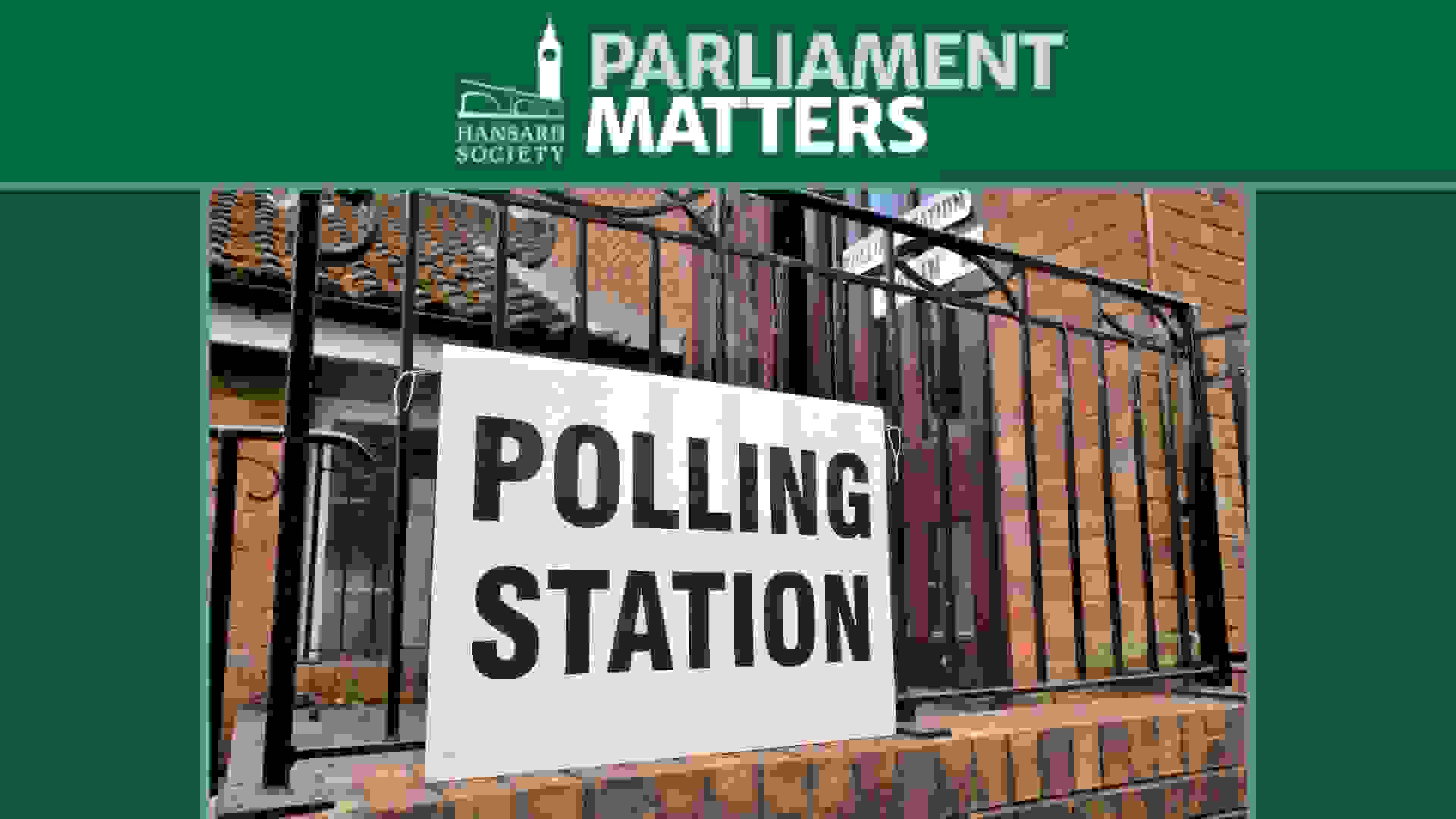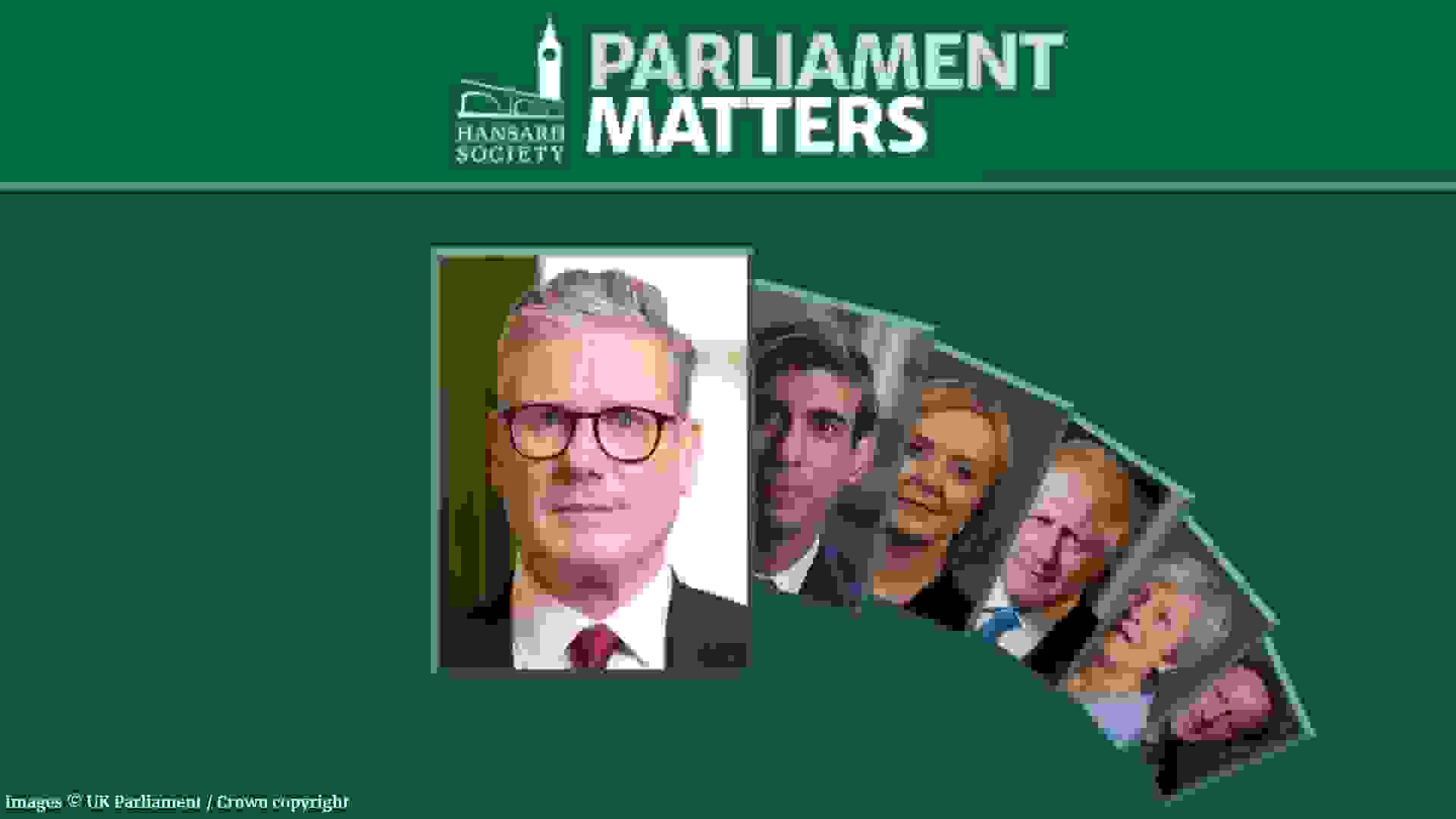Blog / When is a 'cross-party Committee' no longer cross-party? The case of the European Scrutiny Committee
The long-term near-absence of Labour participation in the work of the House of Commons European Scrutiny Committee means that the Committee is not operating as a fully cross-party Committee. Especially given the way in which the Committee’s role is changing since Brexit, this needs fixing, fast.








